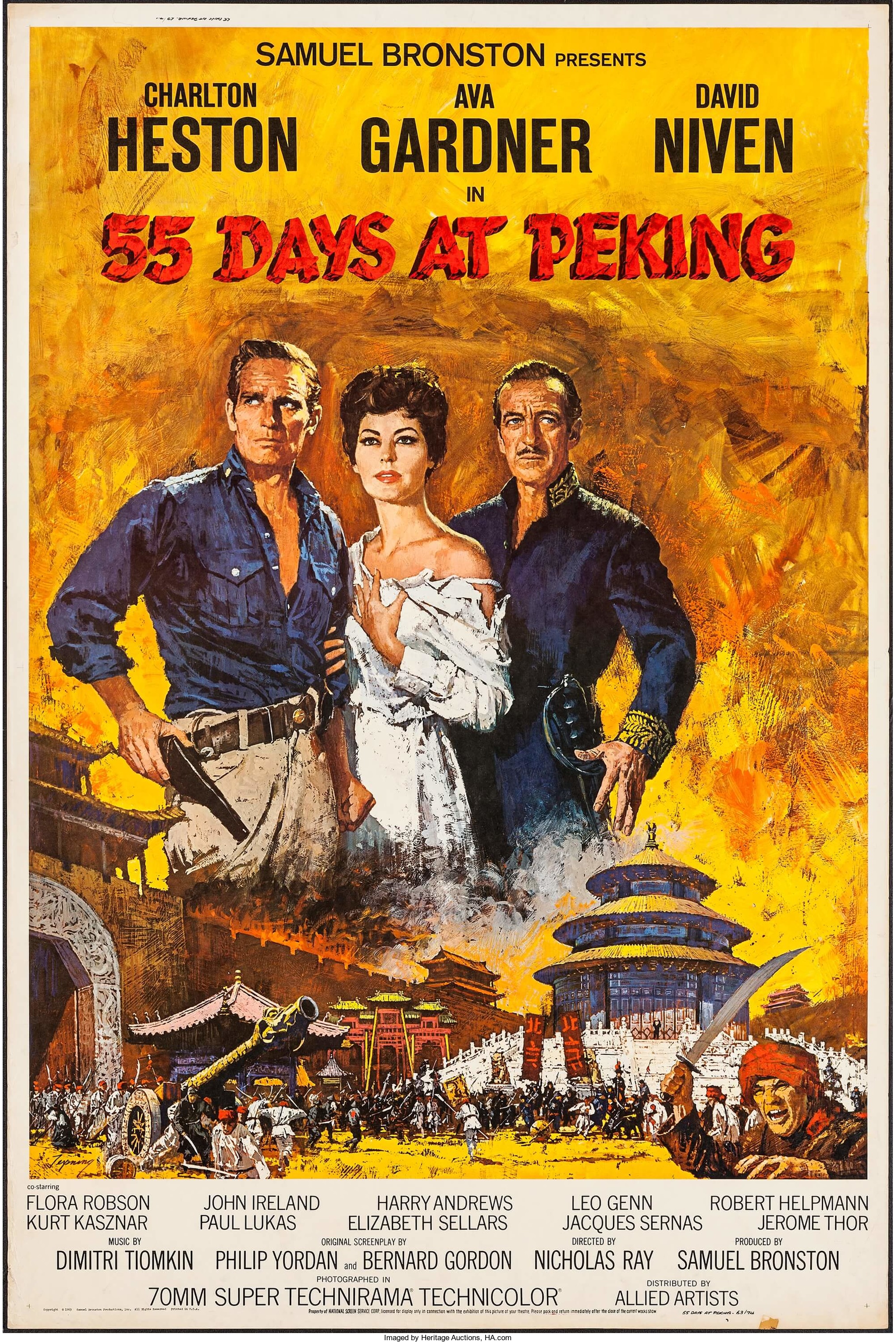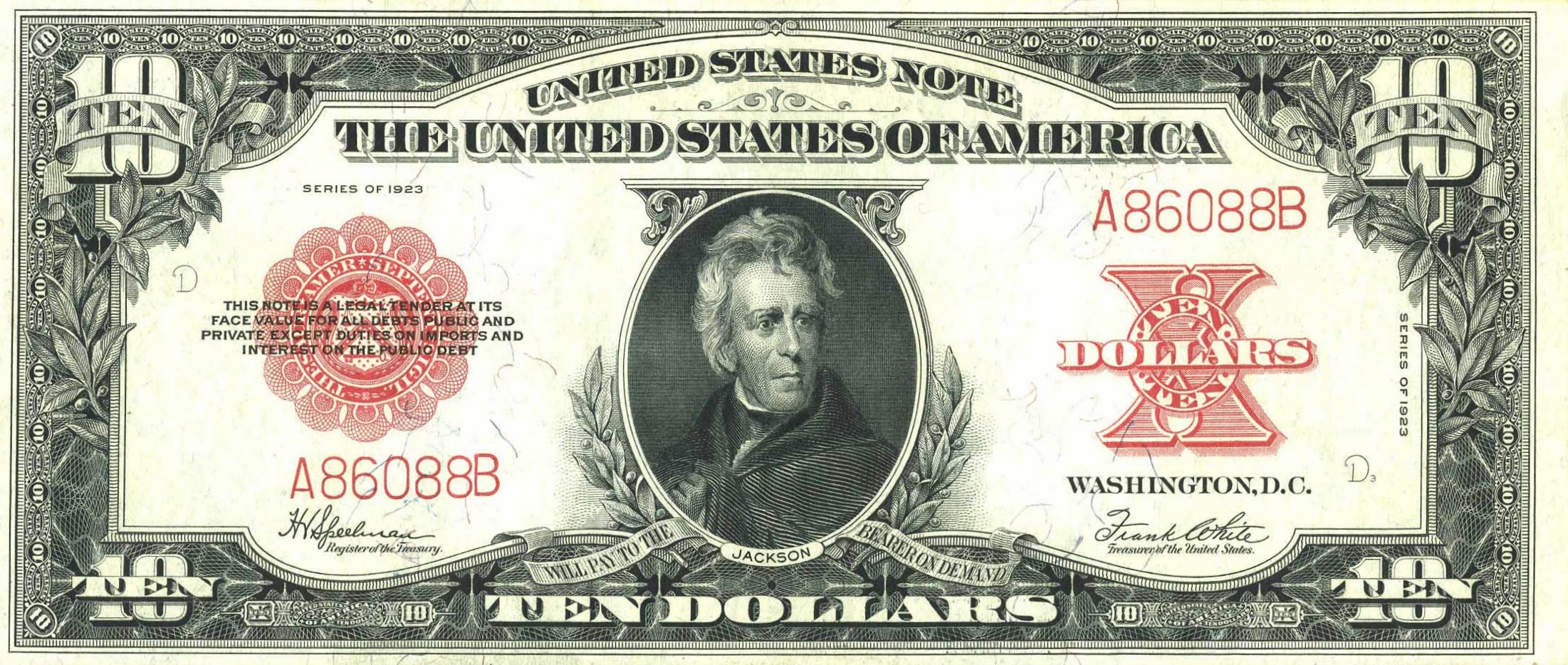
By Jim O’Neal
August 14 is an important date in Chinese history.
In the turmoil of the late 19th century, it was almost predictable that governmental efforts would be mounted to try and alleviate the growing dominance of the West in internal commerce policy. The Imperial government made some late-ditch efforts that all proved ineffective and the chaos came to a climax by yet another internal revolution that was dubbed the “Boxer Rebellion.”
This was an effort mounted in 1899 by a semi-secret society known as “The Righteous and Harmonious Fists,” whose singular goal was to expel foreigners. It was composed mostly of young men with martial arts skills and a remarkable belief they had supernatural powers that would make them impervious to bullets and weapons of the enemy.
The Imperial government was variously opposed and supportive, uncertain whether it represented a means of salvation or a risky provocation of the foreigners. After the Boxers’ fists proved to be vulnerable to bullets, they had their answer. The Eight-Nation Alliance (Japan, Russia, the British Empire, France, the United States, Germany, Italy and Austria-Hungary) was successful in crushing the rebellion – invading and occupying Peking on Aug. 14, 1900 – and proceeding to extract more trade concessions and over $300 million in reparations.
In 1963, Charlton Heston and a boozy Ava Gardner appeared in a mediocre movie, 55 Days at Peking, that did not do well, even though it still shows up occasionally on cable. One interesting tidbit is that it was filmed in Madrid and the casting called for 6,200 Asiatic-appearing actors. Oops … there were only about 2,000 in proximity so over 4,000 were recruited from Seville, Toledo and at least three cities in France. Many of them were owner-operators of Chinese restaurants and when they shut down to be in the movies, a major shortage of Chinese food quickly developed.
 Intelligent Collector blogger JIM O’NEAL is an avid collector and history buff. He is President and CEO of Frito-Lay International [retired] and earlier served as Chairman and CEO of PepsiCo Restaurants International [KFC Pizza Hut and Taco Bell].
Intelligent Collector blogger JIM O’NEAL is an avid collector and history buff. He is President and CEO of Frito-Lay International [retired] and earlier served as Chairman and CEO of PepsiCo Restaurants International [KFC Pizza Hut and Taco Bell].

